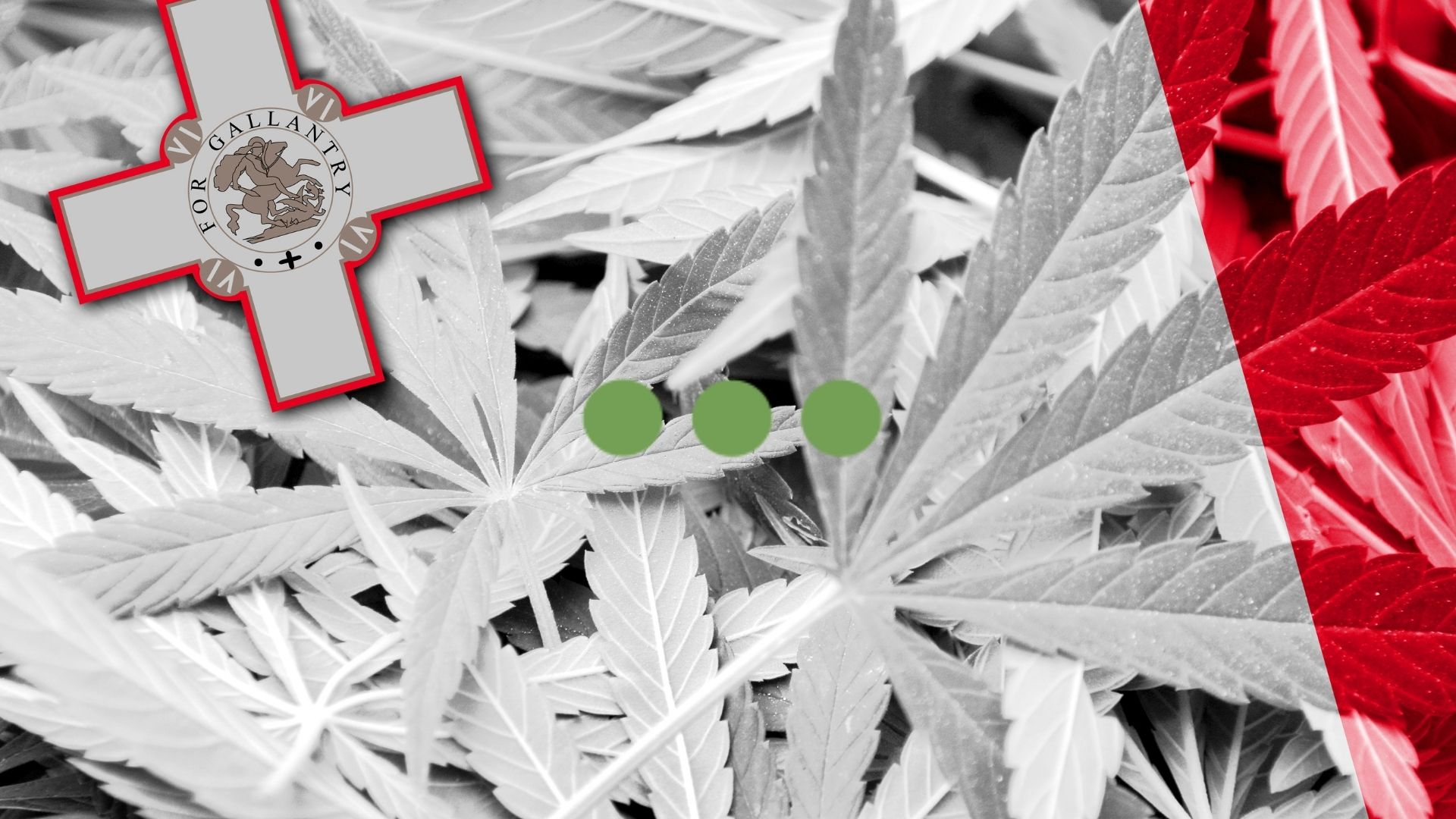
Cannabis Legalisation: Should All Nations Copy Malta?
In late 2021 a continental scramble broke out as several countries suddenly joined the race to become the first European nation to legalise weed. Before the ink had dried on new legislative bills in Germany and Luxembourg, however, Malta had already got its own cannabis legalisation act over the line. Unlike other legalised markets, though, the small island nation will not permit commercial sales, opting instead to allow non-profit cannabis associations to control distribution.
How Will Malta Regulate Cannabis?
Under the new legislation, adults over 18 will be allowed to carry up to seven grams of pot on their person and cultivate four plants for personal use. They will also be entitled to store up to 50 grams of home-grown cannabis at their place of residence.
While none of this is particularly novel, the Maltese government has broken from tradition by declining to establish a commercial market. Instead, a network of cannabis clubs will be set up around Malta, each with up to 500 members. Rather than buying their weed from dispensaries, club members will receive up to 50 grams a month from these associations.
In that sense, the Maltese model mirrors that of Spain, where cannabis social clubs have existed for over thirty years. However, while the legal status of these Spanish associations has never been clarified, cannabis clubs in Malta will have the opportunity to receive a government license.
The country is currently in the process of creating a framework for the administration of these licenses. The Authority on the Responsible Use of Cannabis has already been established to oversee this task. Government representatives have not said when the first cannabis clubs will be allowed to open in Malta, although the expectation is that this will occur in the spring of this year.
Why Has Malta Chosen This Cannabis Legalisation Model?
In a press release announcing the new legislation, the Maltese government explained that it aims to disrupt the “illegal trafficking of cannabis, the black market, and crime associated with this activity.”
According to the authorities, the new law prioritises harm reduction over profit. It aims to provide access to “a regularised and safe source from which a person can obtain cannabis and cannabis seeds in limited and controlled amounts, under strict conditions.” In addition to creating safe spaces in which users can buy and consume their pot, the newly established Authority will also organise and promote evidence-based educational campaigns regarding the responsible use of cannabis.
What Are The Benefits Of This Model?
How Malta has legalised cannabis could prevent many of the issues that have arisen as a result of legalisation elsewhere. In the US, for example, the creation of commercial markets has opened the door for large corporations to dominate the industry at the expense of smaller entrepreneurs and minority-owned businesses.
Social equity programmes designed to aid growers from underprivileged communities have generally failed to achieve their goal, with the almighty dollar ultimately calling the tune. Consequently, the number of black- and women-owned cannabis businesses has plummeted over the last couple of years, with wealthy executives from other industries crossing over into the cannabis sphere and hogging much of the profit.
With no big bucks to be made from cannabis in Malta, though, the corporate sharks have no reason to flock to the island. Instead, long-term growers with a genuine passion for the plant will be able to establish their own cannabis associations.
In other words, legal cannabis in Malta will be produced by those with know-how rather than those with money, which will ultimately benefit the consumer.
Should Other Countries Follow Suit?
The Maltese model may sound revolutionary, but it relies on a tried and tested formula. Cannabis clubs have benefited huge numbers of recreational and medical users worldwide, with Spain being just one example.
Before anyone ever dreamed of legalising cannabis in the US, the Wo/Men’s Alliance for Medical Marijuana (WAMM) existed in Santa Cruz, California. Established in 1993, WAMM provided members with high-quality medical cannabis at affordable prices, and is a perfect example of how cannabis associations benefit the many rather than the few.
That’s not to say that every country should copy Malta when legalising cannabis, and other models may prove equally beneficial. For example, some may choose to issue cooperative licenses rather than relying solely on cannabis associations. This would enable smaller growers to group together to gain more of a foothold in the market, while consumers could also own a share of the businesses from which they source their weed.
Ultimately, though, none of these models has been rolled out on a national scale before. Other countries would therefore do well to note how the legal cannabis sector develops in Malta. What’s clear, however, is that there is more than one way to regulate weed, and the creation of uninhibited commercial markets isn’t a necessity.
Cultivation information, and media is given for those of our clients who live in countries where cannabis cultivation is decriminalised or legal, or to those that operate within a licensed model. We encourage all readers to be aware of their local laws and to ensure they do not break them.
Source link











